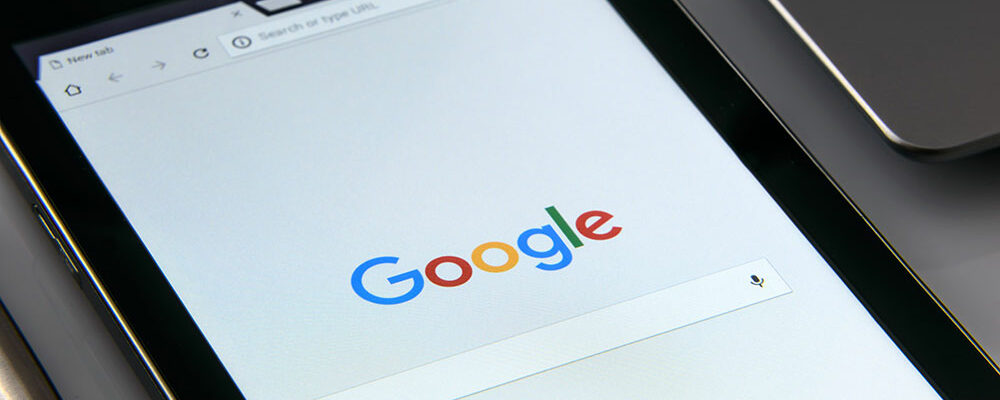When it comes to ranking well in search results, there are two very different areas where people tend to focus:
- Working to rank well for your own name (like “GreenMellen”).
- Working to rank well for what you do (like “website development”).
The first one is generally pretty easy, while the second one takes time.
The Two Types of Searches
Early on, the second one is the most important because people don’t know who you are, but as your company grows, the first one should be the one that’s more important as people get to know you and they know to look for your company specifically.
It’s one thing to rank well for “website development”, but quite another to have someone hear how great you are and simply search for “GreenMellen” instead. You’re no longer an answer, you are the answer.
That’s what this post is about.
If you have a unique name, there is a good chance that you are ranked near the top of Google when people search for your name. What about the other top results on the page? Do you own them as well?
Carol’s Mistake
Years ago, I was talking with a woman named Carol about search rankings. She had a very unique name, and she was careful about her online appearance. Her philosophy was to focus on one platform (LinkedIn) so she could “avoid having too much info about her show up online”.
It makes sense at first, but the problem with that approach is that when someone searches for her on Google she only controls one of those spots in the results — the other nine are websites that reference her name but are completely out of her control.
She was content to focus on LinkedIn and let the other search results fall as they may, but that seemed at odds with her goal of keeping a tight rein on her personal brand.
GreenMellen’s Search Results
While search results vary from person to person, I suspect a Google search for “GreenMellen” yields similar results for most of us. Here are our top 10:
- Our website, which we fully control.
- Our YouTube channel, which we control.
- Our LinkedIn page, which we control.
- Our Facebook page, which we control.
- Our Instagram account, which we control.
- Our Clutch profile, which we control.
- Our Twitter profile, which we control.
- Our Crunchbase profile, which we partially control.
- Our AgencySpotter profile, which we partially control.
- Our MapQuest profile, which we partially control.
While spots 8-10 are a little more difficult to edit, if we had a message that needed to get out, we could update the core content in those top seven spots in a matter of minutes.
The Pitfall
It’s easy enough to sign up for various social media services to fill those gaps, and the rankings will largely take care of themselves. However, having those rank well can lead to another problem—people might actually click on them.
This is where you need to choose your sites carefully. It wouldn’t do us much good to have our LinkedIn page rank near the top of the results, only for someone to click on it and get outdated information. To the degree possible, you need to keep those pages fresh and accurate.
Your Website
At the end of the day, your website is likely to rank first, and is where the bulk of the clicks will go. Even if people click on some of the other results instead, those sites probably link to your website, so people will ultimately find their way over there. Your website is king.
Some of those other sites might not even be ones that you set up, like Yelp, where a profile was created automatically on your behalf. Take the time today to claim your listing on those sites, so that you can have a consistent message across all of them.
Your website is the hub of your digital marketing and should be treated as such, but take time to establish and control ownership on all of those sites so that people can easily find you whenever they need you.





